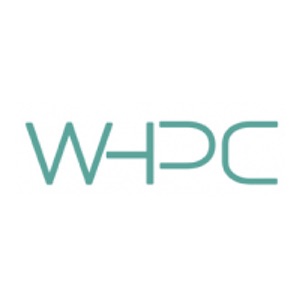 The Women in High Performance Computing (WHPC) organization will be be leading the conversation on diversity and inclusion this week at SC18 in Dallas.
The Women in High Performance Computing (WHPC) organization will be be leading the conversation on diversity and inclusion this week at SC18 in Dallas.
The movement is growing. More and more allies are joining in efforts to support diversity and encourage inclusion. Women in HPC members’ efforts are increasing and we are organizing at the grassroots level. We are now a force that is fostering positive change in the community,” says Dr. Toni Collis, Chair and Co-Founder of WHPC and Chief Business Development Officer at Appentra Solutions.
Women in HPC has grown into an organization and network with global reach, holding programs of events at the major international supercomputing and IT conferences.
Visit WHPC’s partner booths to continue the campaign onsite and receive your WHPC T-shirt, kindly donated
by Arista Networks. The WHPC community will be wearing them on Tuesday, November 13th, to
demonstrate its global commitment to inclusion in HPC. WHPC wristbands will also be provided to
supporters to wear throughout the week.
Join WHPC at the third annual WHPC@SC networking reception at Cafe Herrera on Lamar (at the Omni Dallas) for a special networking evening with appetizers and drinks. The event is hosted by Anchor Supporter Intel in collaboration with Career Supporters Compute Canada, EPCC, Lenovo, IBM, NAG, NCSA, and University of Michigan, and our Diversity and Media Supporter Science Node. Come celebrate the work done by WHPC and meet members, founders, advocates, and supporters. Places are limited, so register soon.
On Wednesday, November 14th, WHPC will host a session entitled, “The importance of male allies.” In a male-dominated field such as HPC, male allies are particularly vital to ensure that women advance equitably in their careers. Research shows that men who work to support, mentor, and sponsor their women colleagues are viewed favorably, while women advocating for equity are viewed unfavorably. Organizations with effective male allies exhibit improved career satisfaction and better retention of women. In this BoF, panelists will explore how male allies have made a difference in their careers and contrast their allyship with examples of exclusionary experiences.



